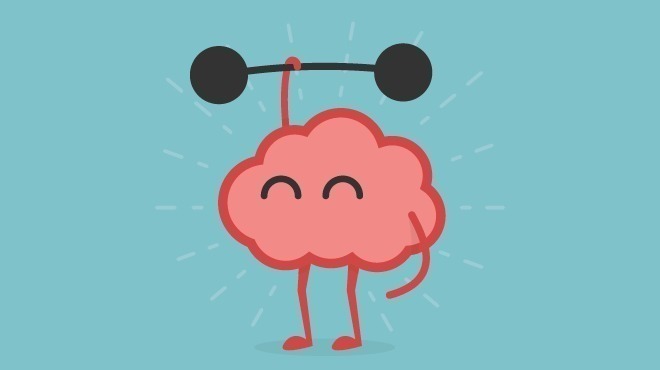Study: Education and lifestyle helped over a million older Americans avoid serious cognitive problems in 2017
 Study: More U.S. seniors, especially women, retaining health brains (UPI):
Study: More U.S. seniors, especially women, retaining health brains (UPI):
The percentage of older Americans reporting serious problems with memory and thinking has declined in recent years — and higher education levels may be part of the reason, a new study finds.
Researchers found that between 2008 and 2017, the proportion of older U.S. adults reporting “serious cognitive problems” declined from just over 12% to 10% … Many studies have linked higher education levels to a lower risk of impaired thinking and dementia, said lead researcher Esme Fuller-Thomson, director of the University of Toronto’s Institute for Life Course and Aging. One theory — the “cognitive reserve” hypothesis — is that people with more education are better able to withstand the pathological brain changes that mark the dementia process.
The Study:
A Decade of Decline in Serious Cognitive Problems Among Older Americans: A Population-Based Study of 5.4 Million Respondents (Journal of Alzheimer’s Disease). From the Abstract:
- Background: Numerous studies suggest the prevalence of dementia has decreased over the past several decades in Western countries. Less is known about whether these trends differ by gender or age cohort, and if generational differences in educational attainment explain these trajectories.
- Objective: 1) To detect temporal trends in the age-sex-race adjusted prevalence of serious cognitive problems among Americans aged 65+; 2) To establish if these temporal trends differ by gender and age cohort; 3) To examine if these temporal trends are attenuated by generational differences in educational attainment.
- Methods: Secondary analysis of 10 years of annual nationally representative data from the American Community Survey with 5.4 million community-dwelling and institutionalized older adults aged 65+. The question on serious cognitive problems was, “Because of a physical, mental, or emotional condition, does this person have serious difficulty concentrating, remembering, or making decisions?”
- Results: The prevalence of serious cognitive problems in the US population aged 65 and older declined from 12.2% to 10.0% between 2008 and 2017. Had the prevalence remained at the 2008 levels, there would have been an additional 1.13 million older Americans with serious cognitive problems in 2017. The decline in memory problems across the decade was higher for women (23%) than for men (13%). Adjusting for education substantially attenuated the decline.
- Conclusion: Between 2008 and 2017, the prevalence of serious cognitive impairment among older Americans declined significantly, although these declines were partially attributable to generational differences in educational attainment.
News in Context:
- Study: High Cognitive Reserve (CR) seen to significantly lower dementia risk even in the presence of high Alzheimer’s Disease (AD) neuropathology
- Build Your Cognitive Reserve: An Interview with Dr. Yaakov Stern
- How learning changes your brain
- Complex occupations help protect our brains from aging-related cognitive decline


